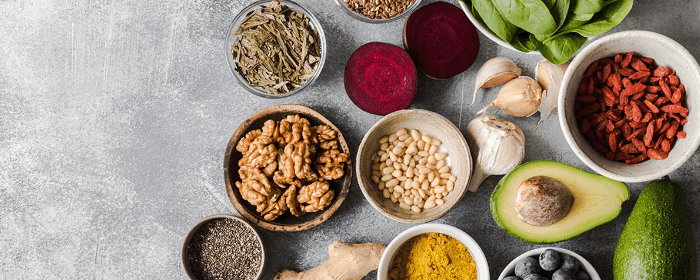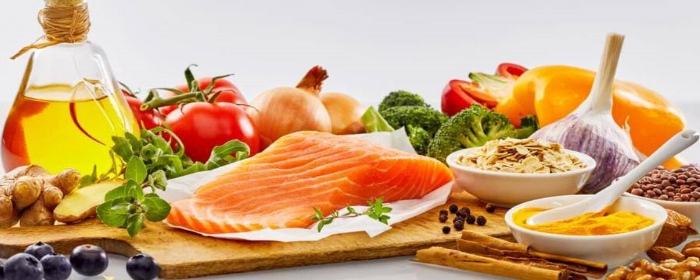
Why and How to Start an Anti-Inflammatory Diet
Inflammation is your body’s response to injuries, damage, and certain health conditions. If something is wrong with a certain part of your body, you will likely experience some inflammation.
Usually, inflammation is a positive sign that you are healing and recovering. However, excessive inflammation can cause long-term health problems. Starting an anti-inflammatory diet is key to fighting off problematic health conditions.
Why Inflammation Matters
Without inflammation, your body would not be able to repair itself when it needs to. But with too much inflammation, you are at risk for chronic health problems. Your tissues and cells can become damaged from too much inflammation over time.
Your diet can add to or alleviate the inflammation you experience in your body. If you suffer from an inflammatory disorder, it is even more important to follow an anti-inflammatory diet to control your symptoms.
Some common inflammatory disorders include irritable bowel syndrome (IBS), autoimmune diseases, and chronic fatigue syndrome (CFS). If you have been diagnosed with one of these conditions, consider an anti-inflammatory diet to feel better and improve your overall well-being.
Foods That Fight Inflammation
Certain foods have chemical compounds that naturally modulate your body’s inflammatory responses. To fight against excessive inflammation, try adding some anti-inflammatory foods to your weekly menu. Incorporating even a few of these foods could make a difference in your overall health.
Try adding these foods and spices to your diet:
- Turmeric
- Peppers
- Fish
- Olive oil
- Dark chocolate
- Nuts
- Leafy greens (spinach, kale, etc.)
- Eggs
- Chicken
- Turkey
Anti-inflammatory foods will help you maintain your health and prevent inflammation from damaging your healthy cells and tissues. With less inflammation in your body, you will likely feel a lot better.
Foods to Avoid
There are plenty of delicious, healthy foods that combat inflammation. Unfortunately, there are a few ingredients to avoid as well. Inflammatory ingredients and foods can give you more problems and worsen your symptoms.
Avoid the following ingredients to control inflammation:
- Refined sugars
- Artificial sweeteners
- Simple carbohydrates
- Processed meats
- Sodas
- Sweets, pastries, and breads
- Fried food
- Highly processed cheeses
These foods can be harmful to your health. Avoid them, when possible, to prevent and treat inflammation.
Discover comprehensive testing to see where you are insufficient and deficient to optimize your health. For more health awareness blogs, please visit www.stemedix.com/blog.


 St. Petersburg, Florida
St. Petersburg, Florida
